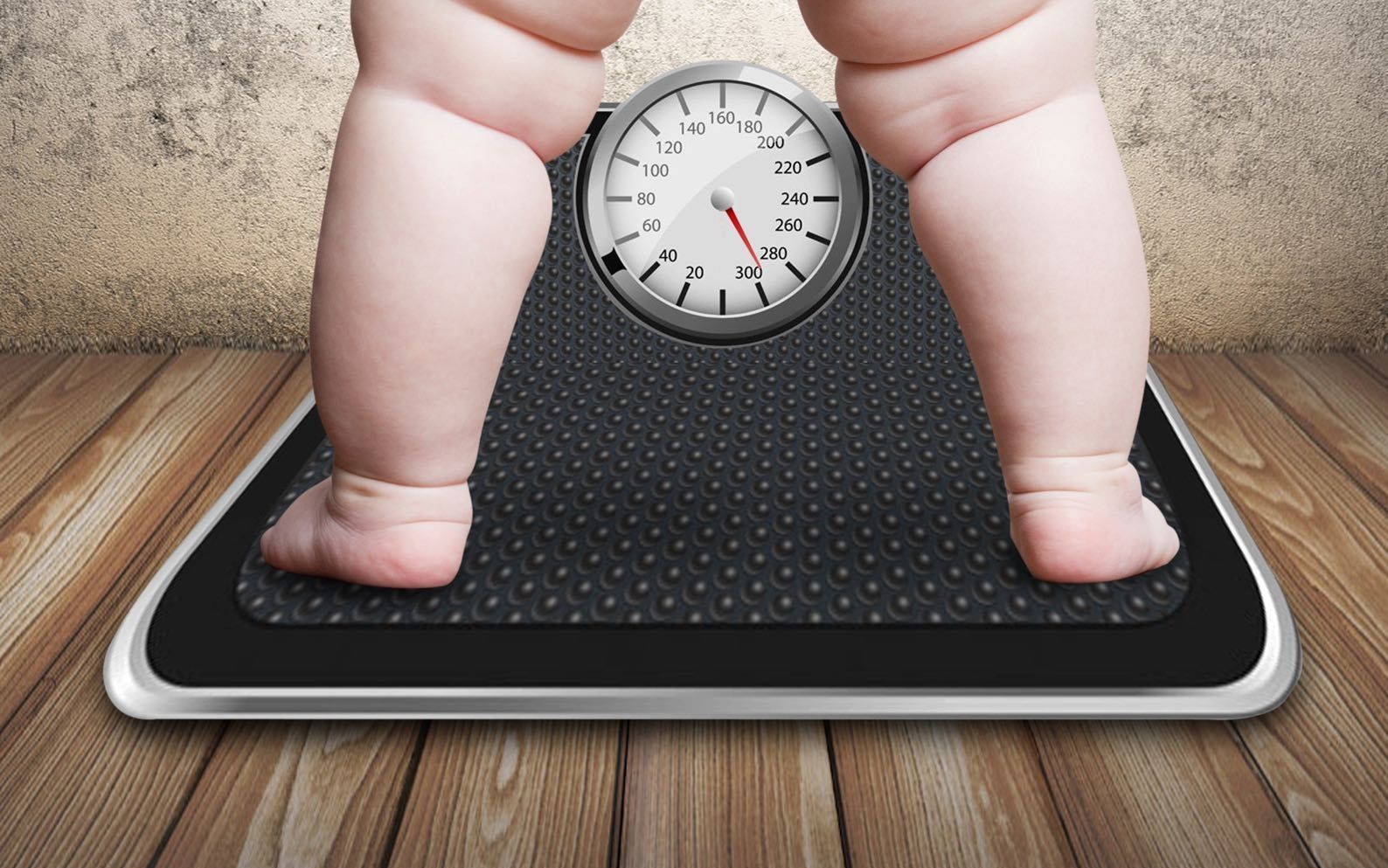
profile picture
Obesity is the World Health Organization One of the ten identified chronic diseases, which not only causes diabetes, high blood pressure, cardiovascular disease, etc., but also causes excessive stress on the bones and affects the joints.
There are more than 90 million obese people in my country, and 200 million people who are overweight. Many people believe that diet control, proper exercise and other methods to lose weight are long and painful. With the increasing popularity of bariatric and metabolic surgery in China, is it possible to “easily” lose weight through surgery?
May 11th is World Obesity Day. Beijing Shijitan Hospital Gastrointestinal Oncology Chief Physician Zhang Nengwei introduced that metabolic bariatric surgery is a surgical method for the treatment of obesity and metabolic diseases. Change the patient’s food intake and food absorption to achieve weight loss and endocrine regulation. The most common surgical procedures include laparoscopic gastric sleeve resection and laparoscopic gastric bypass.
“In clinical practice, bariatric metabolic surgery is the only intervention that can achieve short- and long-term sustained weight loss, improve complications, reduce mortality, and improve quality of life. ”Zhang Nengwei said, weight loss and metabolism surgery is mainly suitable for two types of people, one is people who already suffer from metabolic diseases caused by obesity; The other category is people who are considered obese according to the weight standard but do not have diseases caused by obesity, but are likely to face diseases in the future based on the degree of obesity.
At the same time, bariatric and metabolic surgery should meet the following indicators: diabetes, hypertension, gout, polycystic ovary, severe fatty liver and other diseases One and a BMI of 27.5; if there is no metabolic disease, surgery to prevent the disease requires a BMI of 32. “We will not perform surgery on overweight people. First, the risk is higher. Second, the weight of these people does not affect their health. They can achieve their expected weight control goals through behavioral therapy and dietary therapy.” Zhang Nengwei stressed.
After undergoing bariatric and metabolic surgery, patients also need to receive professional guidance to supplement protein, calcium, phosphorus, iron and other nutrients in a timely manner. “Surgery usually leads to improvements in nutrition. When protein and fat decrease, problems such as hair loss may occur.” Zhang Nengwei reminded, As long as the surgery is performed in a standardized hospital, and after strict monitoring after surgery, timely Supplement the missing nutrients, and after the patient’s weight stabilizes, the body will slowly return to normal.
After bariatric and metabolic surgery, patients also need to actively change their lifestyle, adjust their diet, exercise properly, and maintain good living habits. You should also pay attention to chewing slowly when eating and drinking slowly.
Beijing News reporter Liu Xu
Proofreading Lucy